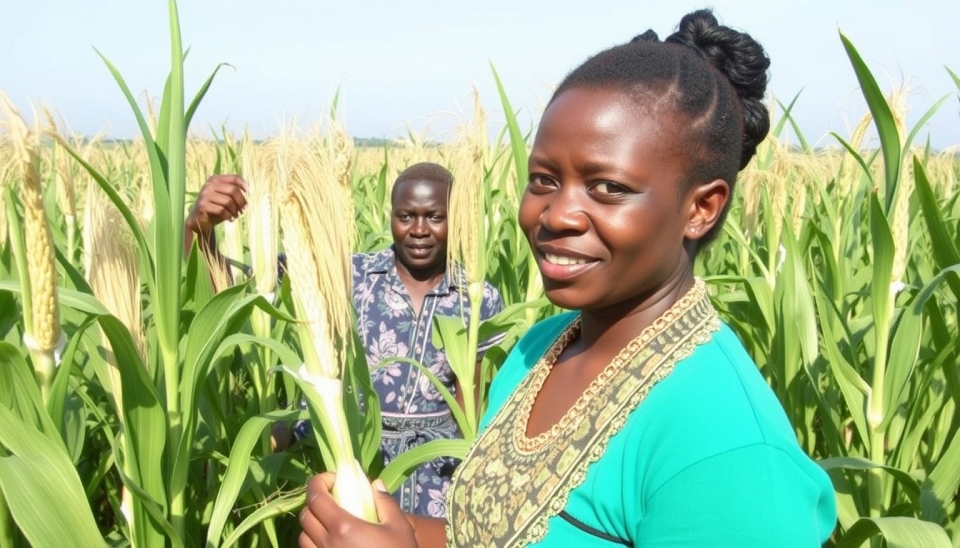Ghana Imposes Ban on Rice, Corn, and Soy Export to Prevent Domestic Shortage

In recent days, the government of Ghana has made a significant decision by imposing a ban on the export of rice, corn, and soy. This measure aims to tackle the potential risks of food shortages within the country. The Minister of Food and Agriculture, announcing this decision, noted that the internal stocks of these staple food products are under threat, and it is necessary to take steps to protect them in the current circumstances.
Due to global market instability and rising food prices, the government is striving to ensure stability in the local market. These measures will remain in effect until the situation normalizes and sufficient stocks are restored. Ministry representatives emphasize the need to protect the interests of local consumers and producers to avoid potential upheavals in the food sector.
Like many other countries, Ghana faces challenges in food security due to climate change, geopolitical events, and rising production costs. Now, with these three most sought-after crops under special control, the government hopes that the export ban will help curb price increases and ensure food security for its citizens.
At the same time, this decision is already provoking mixed opinions among agricultural producers, who may face financial losses due to the inability to sell their goods in international markets. Analysts warn that such measures could lead to reduced incomes for farmers if they are not compensated by other means.
Earlier this month, the president of Ghana stressed the importance of agriculture for the economic growth of the country, and the new decision could be seen as a step back in this direction. However, on the other hand, many citizens welcome such measures, believing they will help ensure the availability of essential products in the domestic market and prevent sharp price hikes.
Local and international observers will closely monitor developments in Ghana, as such decisions can influence food markets in the region. The full implementation of these measures will require the government to continuously monitor and adjust its agricultural policy approaches.




